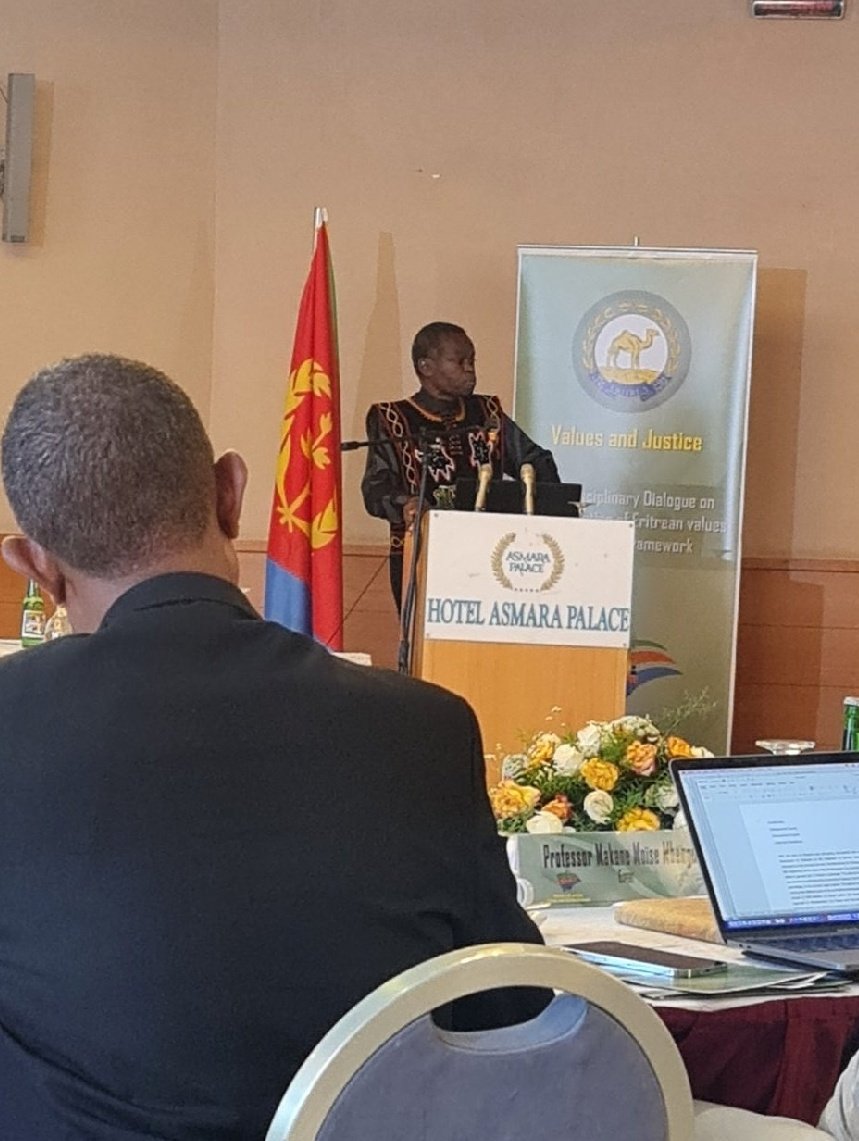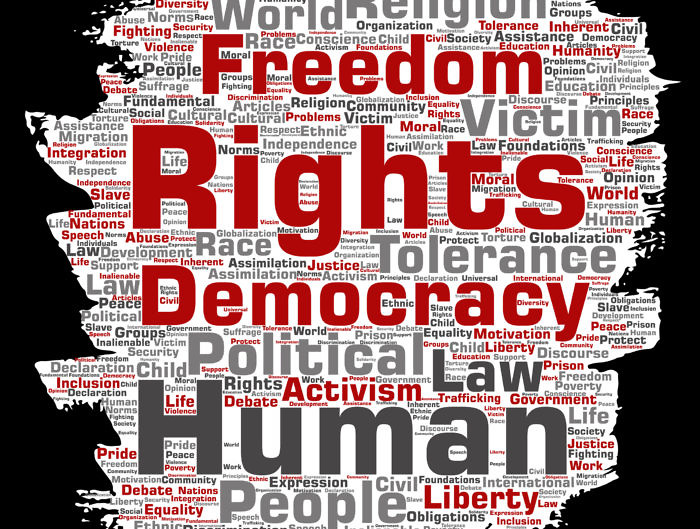The Commission of Inquiry on human rights in Eritrea submitted its 94-page report to the UN’s Human Rights Council. The commission found that it has reasonable grounds to believe that “particular individuals, including officials at the highest levels of the State and the PFDJ, and commanding officers, bear responsibility for crimes against humanity and other gross human rights violations.”
Although it didn’t name the individuals, CoI said it has files which include “names of suspects, information about the potential suspects position and a summary of evidence” about the alleged crimes.
These officials, it concluded, “have committed, and continue to commit, the crimes of enslavement, imprisonment, enforced disappearance, torture, other inhumane acts, persecution, rape and murder.”
While the crimes itemized are self-descriptive and the finding of the Commission was long-anticipated, there were two areas that may warrant additional explanation.
The Commission of Inquiry categorizes the hundreds of thousands of members of the National Service either as civilians or as hors de combat [soldiers not capable of waging war] and are, therefore, treated as civilians for the purposes of “crimes against humanity.”
Additionally, based on the unanimous testimony of witnesses that they still fear retribution against themselves or their families, the Commission of Inquiry considers the retributive acts the Government of Eritrea takes as “other inhumane act” which falls under “crimes against humanity.”
In the early hours of Sunday, June 12, there was a military clash between Eritrean and Ethiopian soldiers along their common border.
Citing sources inside the Eritrean Defense Forces, Eritrean opposition website, Erimedrek.com, (in Tigrinya) described the locations of the conflict as the environs of Adi Mesgene and Akran in southern Eritrea. It described the conflict as one between the reconnaissance services of the two countries, lasting for nearly 4 hours, and what made it unusual was that mortars and RPGs were used. The report goes on to state that the militia of both countries joined in the skirmish as it escalated.
Citing its own unnamed sources, Eritrean opposition website Assenna.com, reported similar news: that there was a military clash in the Tsorona area (Southern Eritrea) at dawn and that “Ethiopian army is advancing towards Una-Yishak village in Eritrea, after securing Akran area.”
The Eritrean Ministry of Information issued a brief press release: “The TPLF regime has today, Sunday 12 June 2016, unleashed an attack against Eritrea on the Tsorona Central Front.”
There has not been an official report from the Ethiopian government but Bloomberg quotes its spokesperson, Getachew Reda, saying the “incident could be an effort by the Eritrean government to distract attention from a June 8 United Nations report that said its leaders committed crimes against humanity.” Two Ethiopian websites (Horn Affairs and Awramba Times) with close links to the government, have also reported on the military clash, albeit with different details. Horn Affairs indicates that the conflict actually started at 5:00 am in the Tsorona area and that the Ethiopians had “brought captives to the border town Gerhu-sernay” and that “a mechanized division stationed in Mekele is partially mobilizing to the border area.”
[tweetthis] Eritrea: Crimes Against Humanity and Military Clash [/tweetthis]





Leave A Reply